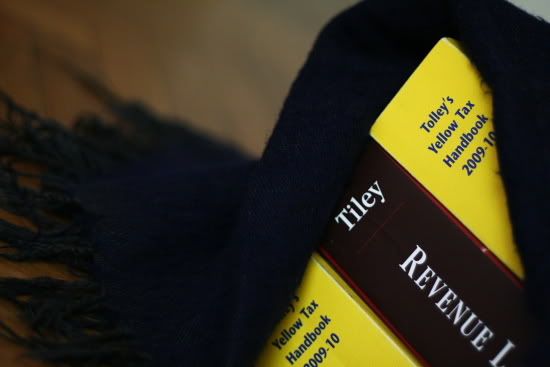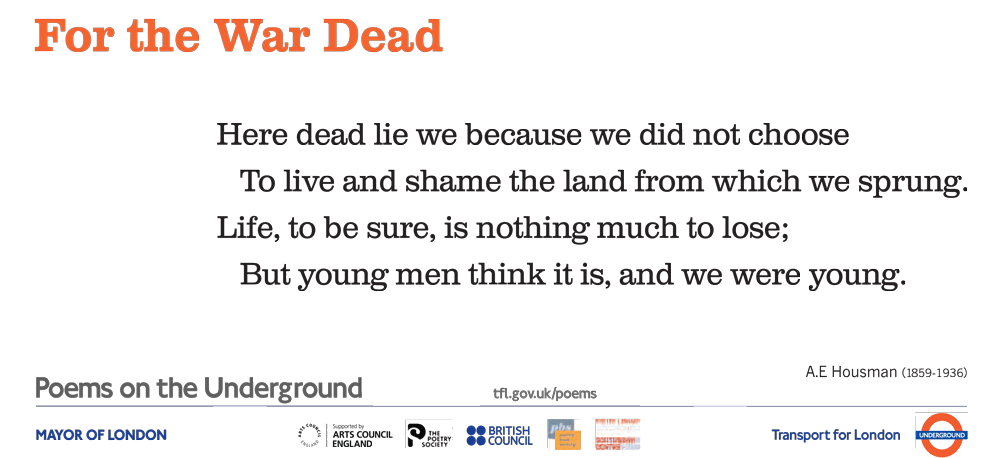
We did not choose vs we chose not to.
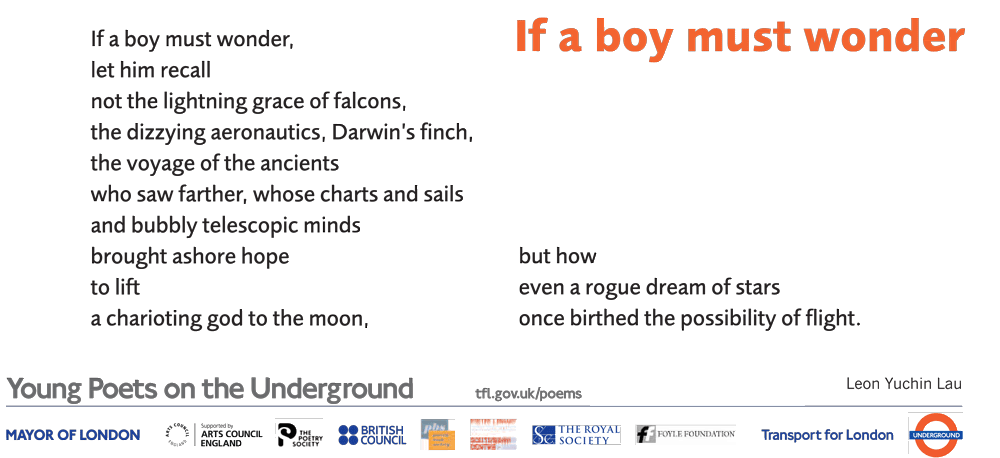

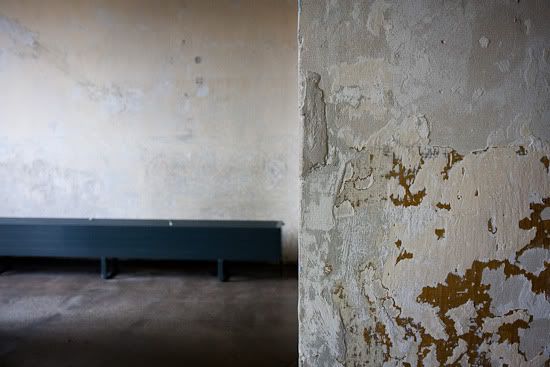
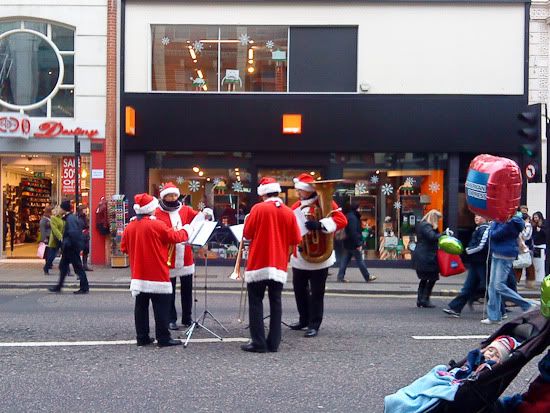
世有伯乐然后有千里马。千里马常有,而伯乐不常有;故虽有名马,只辱于奴隶人之手,骈死于槽枥之间,不以千里称也。
马之千里者,一食或尽粟一石。食马者,不知其能千里而食也;是马也,虽有千里之能,食不饱,力不足,才美不外见,且欲与常马等,不可得,安求其能千里也!
策之不以其道,食之不能尽其材,鸣之而不能通其意,执策而临之曰:“天下无马。”呜呼!其真无马邪?其真不知马也!
The man who said "I'd rather be lucky than good" saw deeply into life. People are afraid to face how great a part of life is dependent on luck. It's scary to think so much is out of one's control. There are moments in a match when the ball hits the top of the net, and for a split second, it can either go forward or fall back. With a little luck, it goes forward, and you win. Or maybe it doesn't, and you lose.
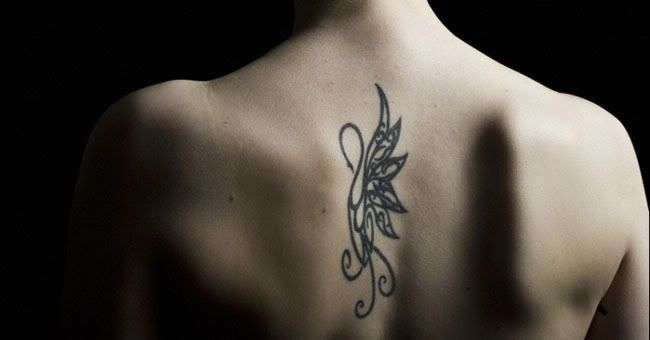
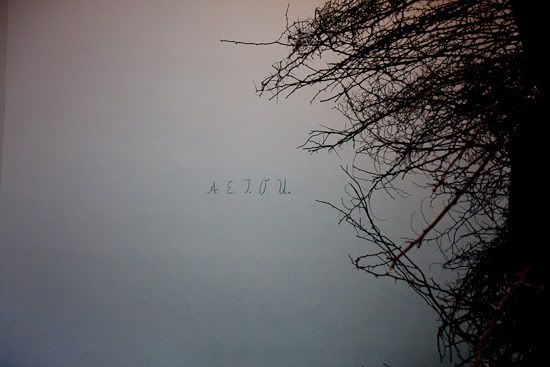
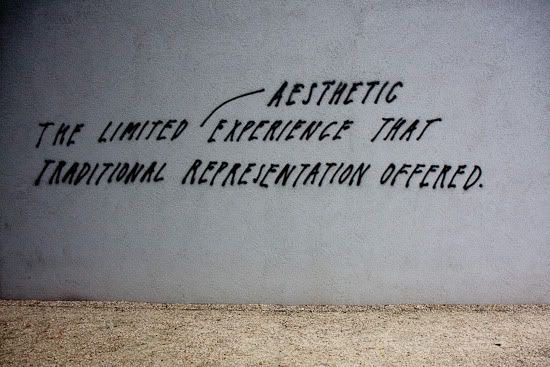

 Been there twice this month.
Been there twice this month.»Wilton’s is the oldest surviving Grand Music Hall in the world. It belongs to the first generation of public house music halls that appeared in London during the 1850s and which, only fifty years later, had all but disappeared. Now owned by the Wilton's Music Hall Trust and run by a very small and dedicated team of people, it is once again becoming a centre for innovation and excellence, both locally and internationally. Originally 5 terraced houses, John Wilton opened Wilton's Music Hall in 1858. Since then it has been home to the missionaries, survived two world wars, been a rag warehouse and unfortunately become derelict.
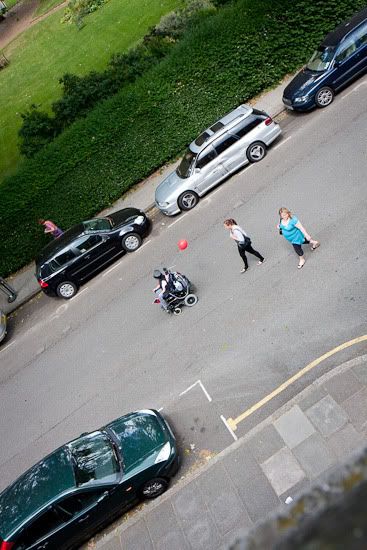
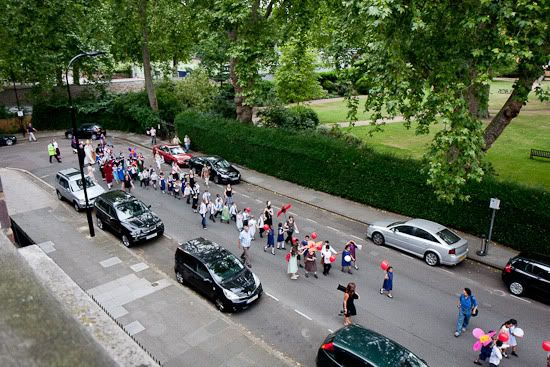
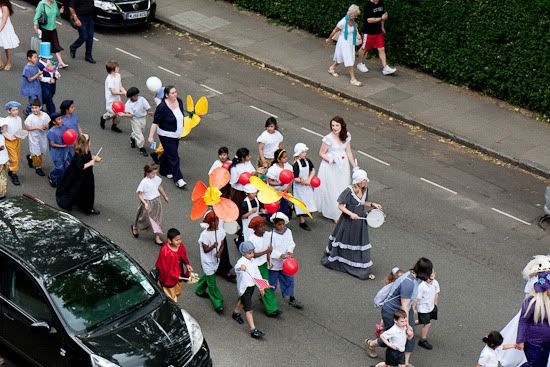

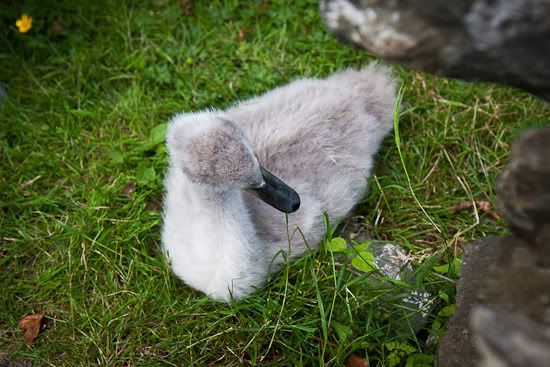
cyg·net (sĭg'nĭt)Air is now cleared for the previous post! I'd have failed both of those questions had they asked me in science class.
n. A young swan.
Middle English cignet , from Anglo-Norman, diminutive of Old French cygne , swan , from Latin cygnus , from Greek kuknos.


This cronopio's wild-artichoke clock is a wood artichoke of the larger species, fastened by its stem to a hole in the wall. Its innumerable leaves indicate what hour it is, all the hours in fact, in such a way that the cronopio has only to pluck a leaf to know what time it is. So he continues plucking them from left to right, always the leaf corresponding to that particular hour, and every day, the cronopio begins pulling off a new layer of leaves. When he reaches the centre, time cannot be measured, and in the infinite violet-rose of the artichoke heart, the cronopio finds great contentment. Then he eats it with oil, vinegar and puts another clock in the hole.


